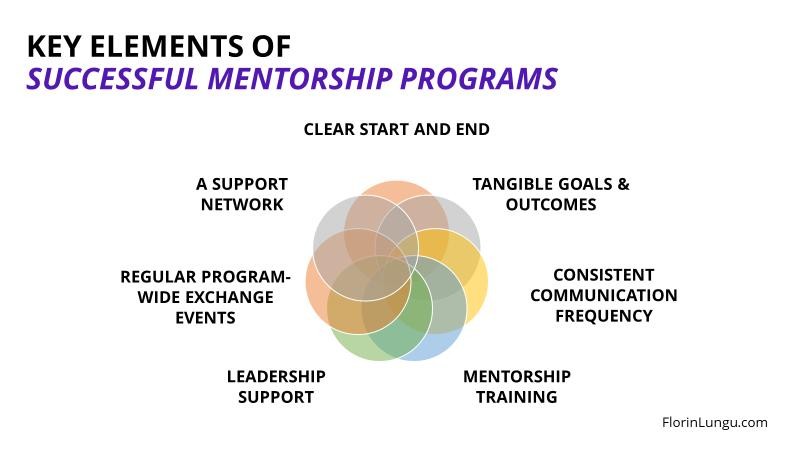
I recently had the honour of speaking at the Passion for Projects Congress in Helsingborg, Sweden, where I shared insights on the profound impact of mentorship in project management.
My own mentorship journey is a testament to this impact, with one individual, in particular, leaving an indelible mark on my career: Eric Liautard.
Eric recognized my innate people skills—a strength I hadn’t seen in myself—and encouraged me to step into a managerial role.
This pivotal moment led me to a gathering of managers at Renault Romania, where I was introduced to John C. Maxwell’s book The 360-Degree Leader. That book was not just literature; it was a doorway.
It brought me into John Maxwell’s world, led to my certification in his leadership principles and shaped the work I passionately pursue today.
This personal evolution underscores the transformative power of mentorship—a theme I explored in depth at the congress.
If I have seen further, it is by standing on the shoulders of giants. – Issac Newton
But it wasn’t just about receiving guidance; it was about making conscious shifts to both embrace and provide mentorship:
- Asking for Help: I took the initiative to seek a mentor, understanding the value of guided personal and professional development.
- Adding Value: I looked for ways to contribute to my mentors, fostering a mutually beneficial relationship.
- Sharing Wisdom: Embracing the responsibility to pass on the knowledge I acquired, I became a mentor myself.
- Investing Time: Committing to mentor my own team, recognizing that this investment is where true leadership begins.
Why should organizations embed mentorship into their culture? Consider these compelling statistics:
- A Gartner study revealed that mentored employees are five times more likely to be promoted than those without mentors.
- The Association for Talent Development (ATD) found that 71% of Fortune 500 companies maintain mentorship programs, emphasizing their integral role in nurturing leadership.
These numbers highlight the value mentorship brings not only to individuals but to the entire organizational structure.

In my experience, the key elements that constitute a successful mentorship program are clear objectives, regular interactions, and a supportive environment that form the backbone of effective mentorship, leading to tangible goals and outcomes that benefit mentors, mentees, and the organization as a whole.

Are you looking to harness the benefits of mentorship within your organization?
Whether you’re contemplating the implementation of a new program or seeking to refine an existing one, I’m here to guide you through the process.
I invite you to book a strategy call with me to discuss how we can tailor a mentorship strategy that aligns with your organization’s goals and culture.
Let’s unlock the potential within your team and propel your business forward.
Warmly,
Florin
Book Your Strategy Call here: https://calendly.com/florinlungu/strategy
Get My Free Guide: 5 Strategies for Retaining Top Talent
Voluntary turnover it’s an ALARMINGLY preventable problem.
To combat this, I have outlined five leadership strategies that will keep your top performers leaned in and performing.